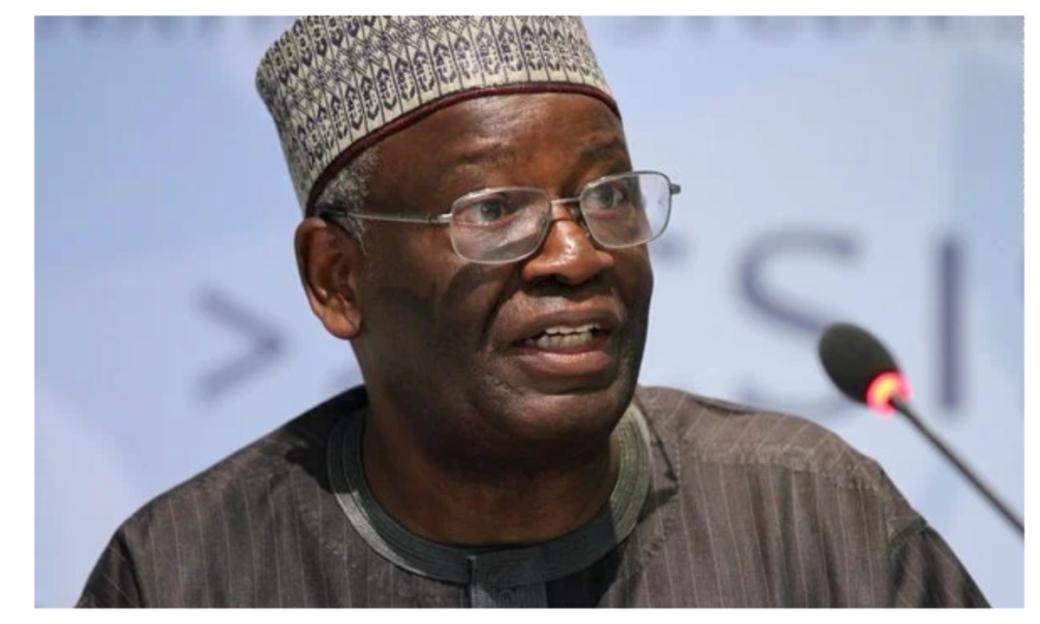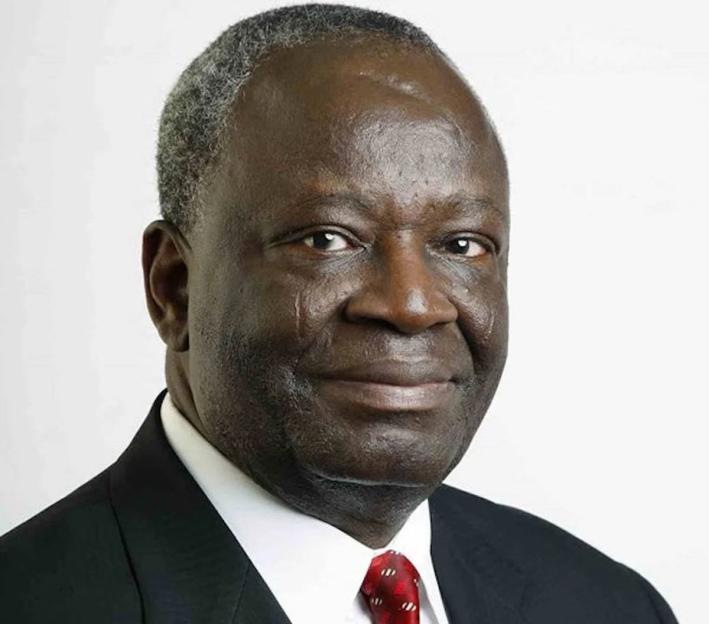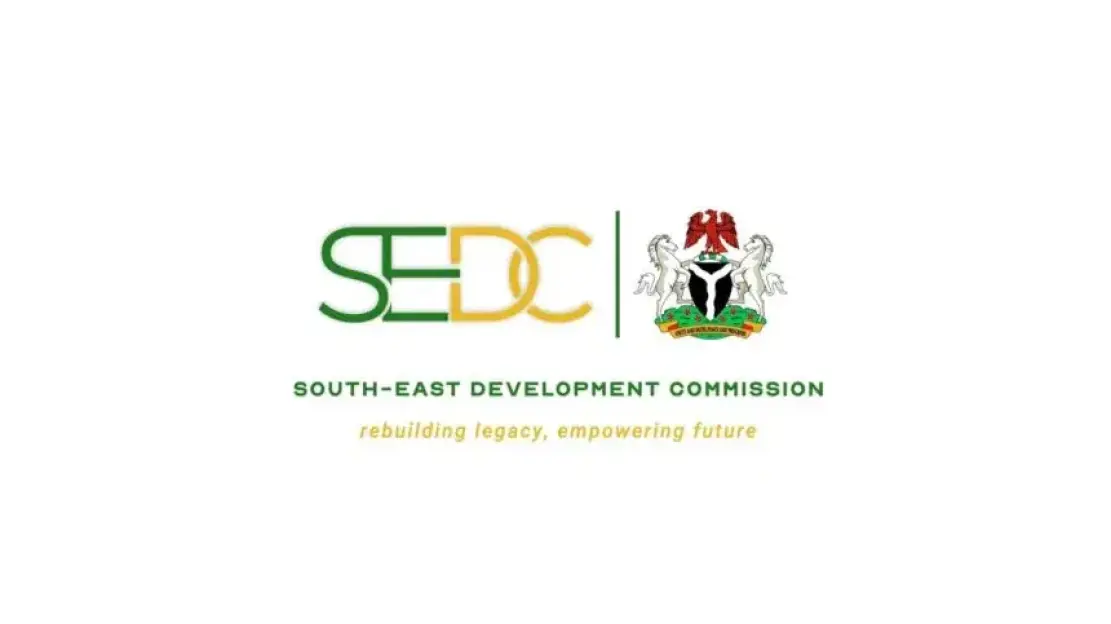Media Rights Agenda, MRA, has condemned the recent call by the Executive Secretary of the Nigeria Extractive Industries Transparency Initiative, NEITI, for an amendment of the Freedom of Information, FOI, Act, 2011.
The organization, in a statement made available to journalists onFriday, warned that the proposal poses a serious threat to transparency and accountability in governance.
Signed by it Communication Officer, Idowu Adewale, the proposal, according to the organization’s Programme Officer, Ayomide Eweje,is not only ill-conceived but also deeply troubling.”;
While calling for punitive measures against so called “fake civil society organizations”;, she alleged that using the FOI Act to blackmail public institutions as a thinly veiled attempt to discredit and undermine the law.
“This proposal is not only ill conceived but also deeply troubling. The FOI Act exists to guarantee public access to information, promote transparency, and combat corruption. Introducing punitive measures based on vague and unproven claims of ‘misuse’ would create a chilling effect, deterring citizens, journalists, researchers, and civil society actors from exercising their rights.”;
Eweje, who went ahead to reject the assertion that “fake NGOs”; were hijacking the Act for blackmail, argued that, the claim is illogical and unfounded.
She emphasized that the FOI Act grants every individual the right to request information, regardless of affiliation, and that once public officials disclose information as required by law, it becomes publicly available and holds no blackmail value.
“There is simply no need for anyone to masquerade as an NGO to access information under the FOI Act. And if officials are complying with the law, there is nothing to fear,”; she stated.
She added that if public institutions have legitimate reasons to deny information requests, the Act already provides legal grounds for doing so, and any attempt at blackmail or extortion should be dealt with under existing criminal laws.
“Blackmail and extortion are already criminal offences under Nigerian law. There is no justification for amending the FOI Act to address what the law already covers,”; she said.
The programme officer who expressed disappointment that such a proposal came from the head of NEITI, a body established to promote accountability and transparency in the extractive sector, warned that Dr Orji’s stance risks damaging NEITI’s credibility both at home and on the international stage.
“Dr Orji’s position contradicts the principles of openness that NEITI professes to uphold. Rather than seeking to dilute the FOI Act, public institutions like NEITI should focus on strengthening compliance, building internal capacity to manage requests effectively, and fostering a culture of transparency,”; she said.
MRA reaffirmed its commitment, along with its partners across civil society, to defend the FOI Act against any effort to weaken its provisions or penalize citizens for exercising their right to information.







